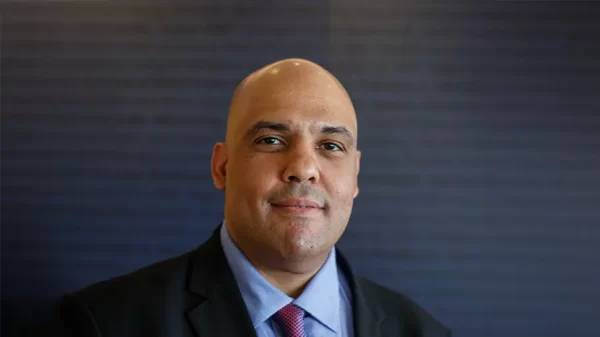|
Getting your Trinity Audio player ready...
|
Congresswoman Terri Sewell, D-Alabama, and Congressman Vern Buchanan, R-Florida, on Friday, introduced HR8581, the Preserving Access to Home Health Act of 2022. This bipartisan legislation would help preserve access to home health services for seniors and Americans with disabilities by preventing proposed cuts to home health payment rates from taking effect.
“The COVID-19 pandemic put a spotlight on the importance of home health services which are a lifeline for so many Alabama seniors and people with disabilities. It is imperative that we continue to protect home health services from cuts.” said Rep. Sewell. “The Preserving Access to Home Health Act is a commonsense, bipartisan bill that would do just that. I urge my colleagues to give it their full support.”
“As we have learned from the coronavirus pandemic, home health services have proven to be invaluable for seniors in my district and across the country,” said Rep. Buchanan, lead Republican co-sponsor. “We know, when given the option, patients overwhelmingly prefer to receive care where they are most at ease—in the comfort of their own homes.”
Home health care allows over 3.5 million patients to be treated in the cost-effective setting they prefer most—their homes. Home health services are a lifeline for seniors, people with disabilities, and those with limited mobility, and have become even more essential during the COVID-19 public health emergency as we sought to keep our nation’s most vulnerable citizens safe.
Unfortunately, the delivery of home health services faces a serious threat due to a proposed policy that would make a permanent cut to home health care of 7.69 percent beginning in 2023, which totals $1.33 billion. It also proposes to “clawback” $2 billion in a temporary adjustment to home health payments for services provided to Medicare beneficiaries during the first two years of the COVID-19 public health emergency. Over a ten-year period, estimates indicate that these temporary and permanent adjustments could total $18 billion, which would decimate the Medicare home health program’s capacity to continue to care for the nation’s older Americans and people with disabilities.
The Preserving Access to Home Health Act accomplishes a simple goal: it restricts the ability of the Centers for Medicare and Medicaid Services (CMS) to impose these severe reductions for three years, until 2026, to enable the home health industry to continue to work with CMS on a fairer and more equitable budget neutrality methodology that is the underpinning for CMS’ reasoning behind these proposed reductions.
This legislation has been endorsed by the National Association of Homecare and Hospice, the Partnership for Quality Home Healthcare, and the Council of State Home Care Associations.
The Preserving Access to Home Health Act can be found here.





















































